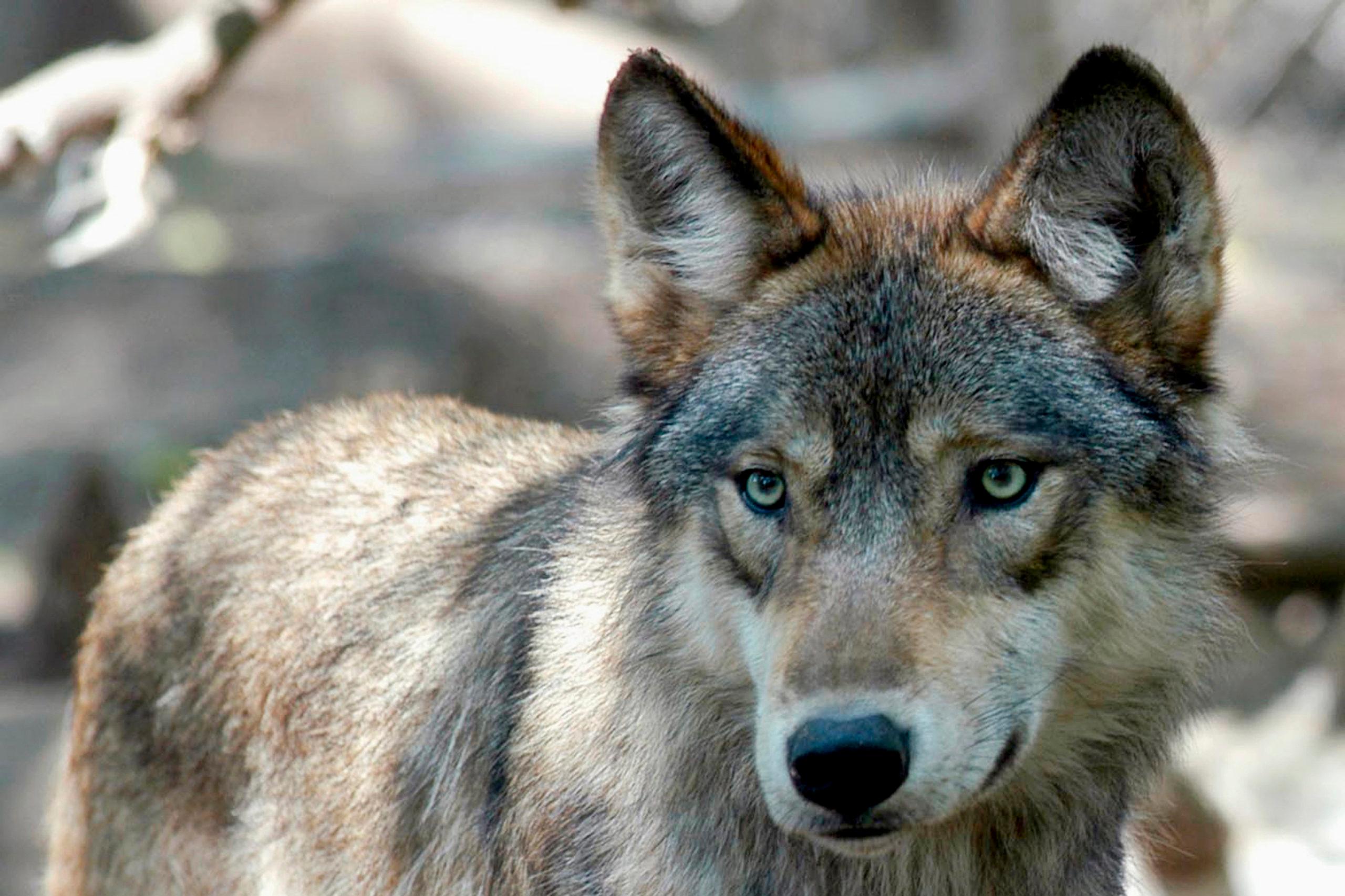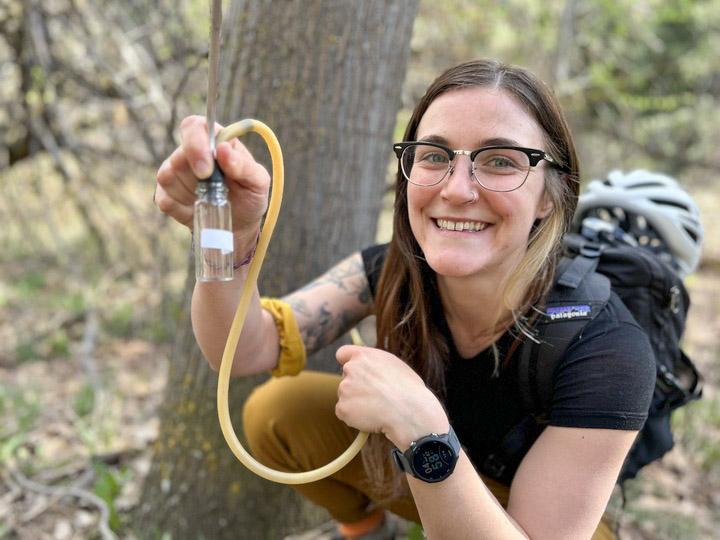
A draft decision released by the U.S. Fish and Wildlife Service on Friday signals Colorado will soon have permission to manage gray wolves, removing a major barrier to the state’s plan to reintroduce the species by the end of the year.
In a press release, Colorado Parks and Wildlife said the decision comes three weeks ahead of schedule, giving the agency extra breathing room to release wolves by Dec. 31. The deadline is laid out in the original ballot initiative voters narrowly approved in 2020.
“This demonstrates a sincere and effective commitment by the U.S. Fish and Wildlife Service to accomplish this task on a very accelerated timeline,” said CPW Director Jeff Davis. “CPW leadership is very thankful for the demonstrated commitment and partnership with the U.S. Fish and Wildlife Service.”
The draft decision addresses the status of wolves as an endangered species in Colorado.
Under federal law, the designation makes it illegal for any citizen or state wildlife official to harm or kill a wolf unless it presents a direct threat to human safety. As a part of its reintroduction efforts, Colorado Parks and Wildlife applied for a 10(j) permit to reclassify Colorado’s wolves as an “experimental population.”
The status would give the state flexibility to carry out its management plan, which would let state wildlife officers kill wolves preying on livestock, pets or excessive numbers of deer and elk. Ranchers could also shoot animals caught in the act of killing their pets or livestock.
Hunting and ranching groups were concerned the reintroductions could begin without the permit in place. By releasing a draft Environmental Impact Statement and decision, the federal government now appears on track to grant the permit well before the state releases any wolves to the Western Slope.
The U.S. Fish and Wildlife Service still must issue a final permit. In a press statement, the agency said it expects to finalize its decision after a 30-day cooling-off period. The rule would then take effect after another 30 days, which means Colorado begins releasing wolves as soon as mid-November.
Whether that timeline is practical is another question. Colorado Parks and Wildlife is still working to finalize agreements to obtain wolves from Oregon, Washington and the Nez Perce Tribe in Idaho.
Democratic U.S. Sen. John Hickenlooper praised federal wildlife officials' speedy response. “We need to continue listening to the people who will be affected most when determining how to responsibly reintroduce gray wolves in Colorado,” Hickenlooper said. “It’s great to see Fish and Wildlife heed our call for flexible management.”









